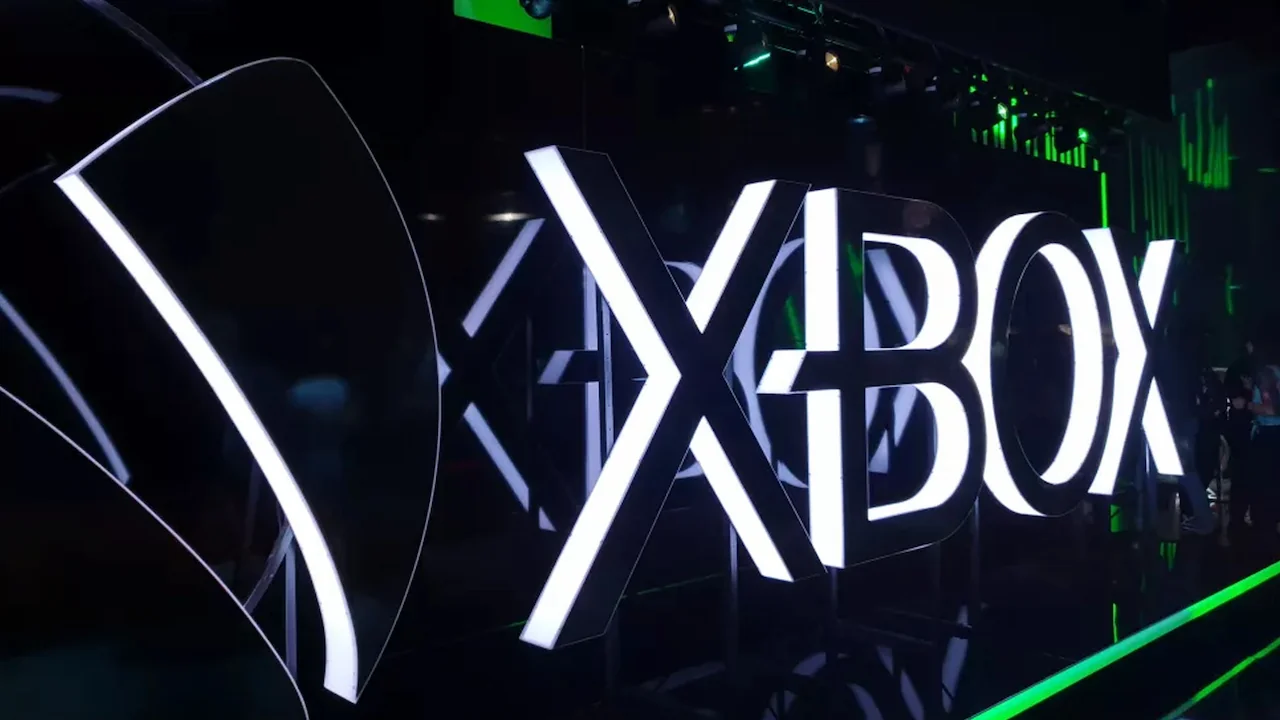Editor’s Note:
This article combines the latest news on Microsoft Gaming’s layoffs and studio changes with an analysis of Xbox’s strategic challenges and industry trends. The views expressed here reflect the author’s perspective and aim to provide deeper insight beyond the headlines.
? Xbox Layoffs Hit 9,000, High-Profile Projects Axed
Microsoft Gaming is undergoing another massive internal shake-up, cutting around 9,000 jobs—roughly 4% of Microsoft’s global workforce—in what marks its fourth wave of layoffs in just 18 months. The move affects multiple divisions and subsidiaries, including King (makers of Candy Crush), ZeniMax Media, and others across the United States and Europe.
A note sent to Xbox staff by Microsoft Gaming CEO Phil Spencer cited a need to “prioritize the strongest opportunities” and “remove layers of management” in order to remain agile and future-focused. While the memo emphasized respect for those impacted, the scope of the restructuring signals a seismic internal reset.
“We must make choices now for continued success in future years,” said Spencer. “This focused approach means we can deliver exceptional games and experiences for players for generations to come.”
Microsoft says affected employees will receive severance, healthcare coverage, and job placement assistance. Impacted staff have also been encouraged to apply for roles elsewhere within the Xbox ecosystem.
???? Everwild, Perfect Dark, and More Canceled
As part of the restructuring, multiple projects have been canceled, including Rare’s long-troubled Everwild and the Perfect Dark reboot from The Initiative, a studio now confirmed to be completely shuttered.
Everwild had been in development in some form for over a decade, and had recently undergone a reboot. Despite public reassurances earlier this year that the team was “making progress,” internal sources now say the title never found clear direction.
The Perfect Dark reboot, announced in 2020 with much fanfare, also appears to have met an unceremonious end—along with other unannounced projects Microsoft was incubating.
In an internal memo, Xbox Game Studios head Matt Booty acknowledged the cuts:
“We did not make these choices lightly… These decisions reflect a broader effort to adjust priorities and focus resources to set up our teams for greater success.”
Booty added that while the studio and project cuts are significant, over 40 projects remain in active development, including Clockwork Revolution and State of Decay 3, with a “strong slate” planned for 2026.
? What’s Left Standing—and What It Means
Xbox’s Troubled Transition
Microsoft’s gaming strategy has been turbulent since the $68.7 billion Activision Blizzard acquisition. While Xbox claims its platform, hardware, and game roadmap have “never looked stronger,” layoffs, studio closures, and canceled projects reveal deeper issues.
The shuttering of The Initiative and the departure of Rare veterans like Gregg Mayles and Louise O’Connor raise doubts about Xbox’s ability to manage its sprawling studio portfolio. Fans on X have voiced frustration, with some calling the Perfect Dark cancellation “inexcusable” and pointing to Microsoft’s 2002 acquisition of Rare as the start of its creative struggles.
For developers, these cuts are part of a troubling pattern. For fans, the loss of anticipated titles like Everwild is a bitter pill. Xbox’s next steps will define not just its content pipeline but its credibility in the gaming community.
The Unsustainable Blockbuster Model
In today’s gaming climate, ballooning budgets and decade-long development cycles are proving unsustainable. The industry’s reliance on AAA blockbusters strains studios and players alike.
With $70 price tags, convoluted monetization schemes, and years-long waits between releases, this model benefits shareholders more than gamers. Microsoft’s struggles, compounded by AI-driven efficiencies reducing workforce needs, highlight the cracks in this approach.
A Smarter Path Forward
It’s time for Xbox and the rest of the industry to pivot toward affordable, tightly scoped games that don’t require half a decade to ship. This could be the answer.
AA and A-tier titles, with clear vision and strong execution, offer a sustainable alternative. Not every game needs to be a billion-dollar spectacle. Sometimes, restraint fuels creativity.
A Real-World Example
Take Bandai Namco’s Pac-Man Shadow Labyrinth, launching July 18, 2025, at $29.99 with a free Switch 2 upgrade. This bold metroidvania reimagines a classic IP, blending nostalgic appeal with fresh, accessible gameplay.
Its manageable scope and player-friendly price point make it a model for sustainable development that captivates without breaking the bank. More of this, please.



Leave a Reply